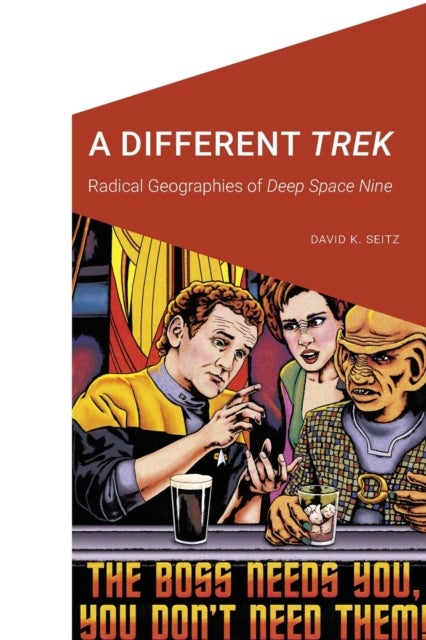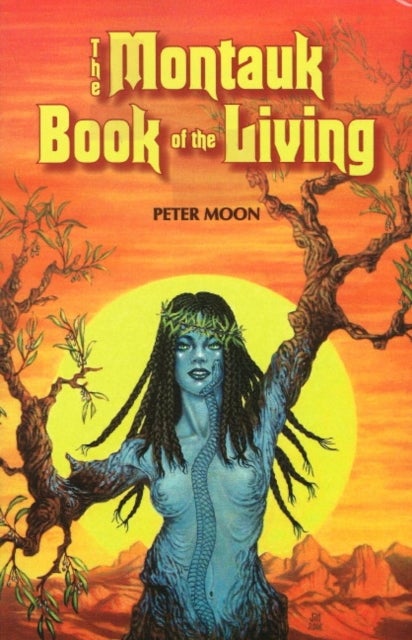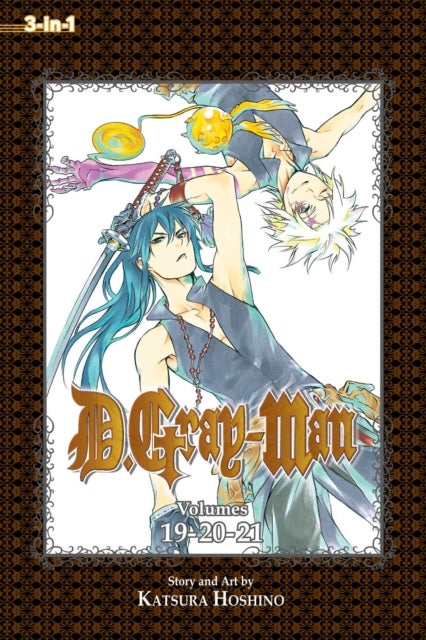
A Different Trek av David K. Seitz
295,-
A different kind of <I>Star Trek</I> television series debuted in 1993. <I>Deep Space Nine</I> was set not on a starship but a space station near a postcolonial planet still reeling from a genocidal occupation. The crew was led by a reluctant Black American commander and an extraterrestrial first officer who had until recently been an anticolonial revolutionary. <I>DS9</I> extended <I>Star Trek</I>’s tradition of critical social commentary but did so by transgressing many of <I>Star Trek</I>’s previous taboos, including religion, money, eugenics, and interpersonal conflict. <I>DS9</I> imagined a twenty-fourth century that was less a glitzy utopia than a critical mirror of contemporary U.S. racism, capitalism, imperialism, and heteropatriarchy.<BR/><BR/> Thirty years after its premiere, <I>DS9</I> is beloved by critics and fans but remains marginalized in scholarly studies of science fiction. Drawing on cultural geography, Black studies, and feminist and queer studies, <I>








